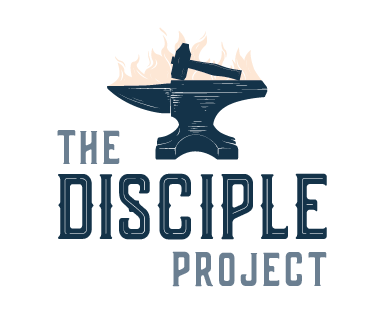Elisa started youth group in middle school and had been a part our group for a while now. As a freshman, she was involved in the band. Slowly, I started to see her blend into the background. She said she had a lot of homework and was thinking about getting a part time job.
I didn’t think too much about it at the time because students go through these phases, from being deeply involved in youth to growing up and having different life demands. What I didn’t know is that Elisa had been going though some family issues and, at some point, had some friction in the band leading her to back away.
Shouldn’t I have noticed this? Yes, but I was “busy” running the program and I didn’t have systems in place to catch Elisa, and others like her, from slipping through the cracks.
The story above is fiction, but similar circumstances have happened in my youth ministries as well as youth ministries across the county and maybe even yours.
How does this happen? How do we lose good kids, believers or not, to the cracks in our programming?
All students hurt at various times and levels, but some kids live with the hurt of divorce, loneliness, bullying, abuse, etc. These are the most vulnerable. These are the ones who feel it’s better to just slip away than ask for help.
You can’t control the decisions of the students or parents or the lure of the world or other outside conditions.
Make it harder for hurting students to slip away. How do you do that?
Deepen Personal Relationships
It’s said you can only have 7-12 deep personal relationships within an organization. You can’t go deep with everyone but you can go deep with a few. Who are those few? What should the make up the 7-12 relationships be?
- students who show leadership potential
- student who are vulnerable and need positive attention
- students who are average and looking for purpose
Your goal should be to help each of those 7-12 students find a small group where they can get the help they need to shine, to heal and to explore.
Focus on Community not Numbers
Growth can be an issue. Kids get lost in the traffic of new students, programs, etc. I’m not saying you shouldn’t grow, but, in your plan to grow you must develop systems where vulnerable kids don’t get lost in he crowd.
Small groups are certainly a good method of helping kids connect, they certainly shrink the crack a student can fall into, but the crack is still there. Building strong community within the small group will make the crack even smaller. Bible study groups are not the only kinds of small groups a kid can be a part of, in fact there several small groups they can be apart of within your youth ministry,
- groups of leaders and students who go out to eat after youth group
- small discussion groups during your meeting
- teams that help serve in your ministry
Find ways to include students into smaller groups so they can build relationships and allow the Lord to bind their hearts to those around them with a bind of love.
Focus on the numbers and the cracks will only widen. Focus on community and the numbers will take care of themselves.
Sign up for the Youth Ministry Round Up newsletter to get more youth ministry resources
Develop An Empathetic Team
When he saw the crowds, he had compassion for them, because they were harassed and helpless, like sheep without a shepherd. Matthew 9:36
Your desire so not see kids fall through the cracks cannot be your desire alone. Community and empathy must be a shared value on your team and be reflected in the leadership (and programming) you choose.
What are the best skills for leaders when working with hurting kids? Just one: Listening.
“When people talk, listen completely. Most people never listen.” ― Ernest Hemingway
All students, but especially hurting students, need to know they are being heard. They need to know that when they speak someone cares enough to listen about the pet that needs prayer, the parents who are stressing them out about college in the 7th grade, the anime they love the most, that they feel ugly, etc.
Listening requires patience but patience and listening are signs of love and pays off when a kids says, “thanks for listening.”
Leaders can do the basics. A leader can check in with 2-3 students to make sure they’re ok or to ask them if they have any prayer requests or to pray with them directly. Make it easy for an adult to connect with students in an ongoing way.
“The most beautiful people we have known are those who have known defeat, known suffering, known struggle, known loss, and have found their way out of the depths. These persons have an appreciation, a sensitivity, and an understanding of life that fills them with compassion, gentleness, and a deep loving concern. Beautiful people do not just happen.” ― Elisabeth Kübler-Ross
You are helping make beauty adults through empathy and listening.
Courage
You have to have the courage to close the cracks as best you can.
Courage to change the way things are done.
Courage to ask a student how they’re really doing.
Courage to change your team to match your mission.
Courage to have difficult conversations.
Courage to call that student that hasn’t been in while.
Courage to be hurt and rejected.
Isn’t that what Jesus did?
“Have enough courage to trust love one more time and always one more time.”
― Maya Angelou
